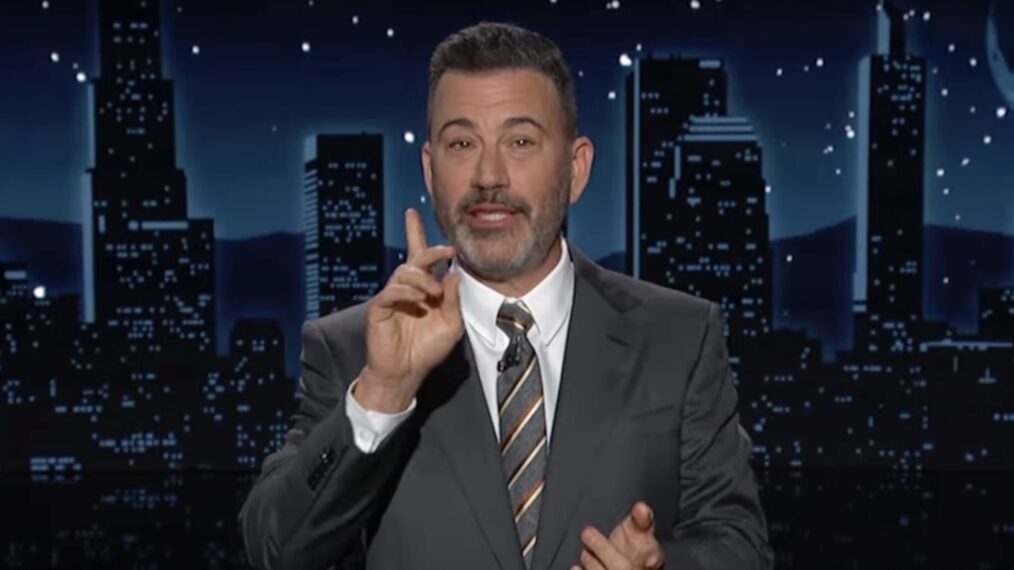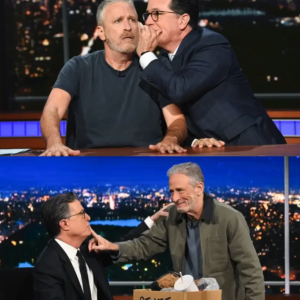The Pentagon’s Silent Reaction: Transparency vs. Trust?
Tension erupted in the White House press briefing room as inquiries focused on the justification for categorizing launch times for delicate military missions. More questions than it answered, the supposedly national security-related exchange swiftly turned into a partisan skirmish. The main question was whether these classifications served as a safeguard against political humiliation or were they actually intended to protect American lives?
“Numerous Reasons” and the War Fog
A nebulous “various reasons” for the secrecy were provided in the response, which deferred to the Secretary of Defense’s statement. This lack of detail raises questions right away. These “various reasons”—what were they? Why was it impossible to express them without jeopardizing operational security? Suspicion is fostered by the ambiguity. Were these genuinely valid worries, or was the administration rushing to defend a choice made for political reasons?

The Goldberg Gambit: An Issue of Partisan Allegiance and Trust
When the conversation turned from the value of classified material to the messenger, the briefing took a dramatic turn. Labeling Jeffrey Goldberg a “registered Democrat” and a “anti-Trump sensationalist reporter” seemed like a deliberate attempt to discredit the source in order to avoid criticism. Does Goldberg’s political affiliation, however, make the questions posed any less legitimate? Is it a coincidence that the examination takes place before a planned assessment of global threats?.The strategy is reminiscent of a well-known political playbook: attack the person asking the question when it is uncomfortable. Although this tactic works well for mobilizing support, it doesn’t do much to address the fundamental issues of accountability and transparency. More significantly, it devalues the discussion by turning complicated topics into divisive partisanship.
“Utmost Responsibility” and Afghanistan’s Shadow
In light of the disorganized withdrawal from Afghanistan, the promise that the President and Secretary of Defense will take American service members’ lives with the “utmost responsibility” seems flimsy. It is a clear attempt to use a past tragedy for current political advantage when the speaker tries to shift the blame for the deaths of 13 service members onto the Biden administration. Even though the comparison to the withdrawal from Afghanistan is politically charged, it detracts from the main problem, which is the rationale for categorizing launch times and the possible risks to service members. The “inadvertent number being added to the messaging thread” excuse seems flimsy.
Assurances of Job Security: A Defense Against Responsibility?
Perhaps the most concerning part of the entire conversation is the unambiguous claim that “no one will lose their job at all because of this.” It implies a preemptive disbandment of forces and a refusal to hold anyone responsible under any conditions. This all-encompassing protection conveys a terrifying message: loyalty is more important than skill, and as long as a person stays politically aligned, mistakes—even potentially harmful ones—will be overlooked.
This promise, meant to allay worries, might unintentionally make them worse. It implies that the administration is more focused on safeguarding its own interests than on making sure the troops are safe and secure. The absence of accountability damages public confidence and fosters a culture in which errors are tolerated, which may eventually have more detrimental effects.
Crossing Party Boundaries: An Appeal for Openness and Responsibility
A basic conflict between the public’s right to know and national security is brought to light by the inquiries into the classification of launch times and the administration’s subsequent answers. Although operational security protection is a top priority, valid worries about it shouldn’t be used as a justification for hiding information and evading responsibility. Beyond partisan rhetoric, the American public should be given a clear explanation of the reasoning behind these decisions that demonstrates a sincere commitment to our service members’ safety and security.





